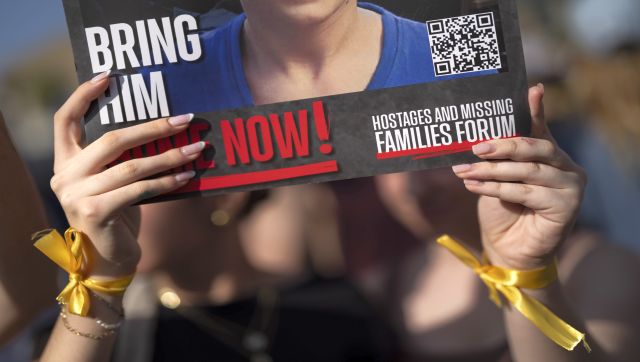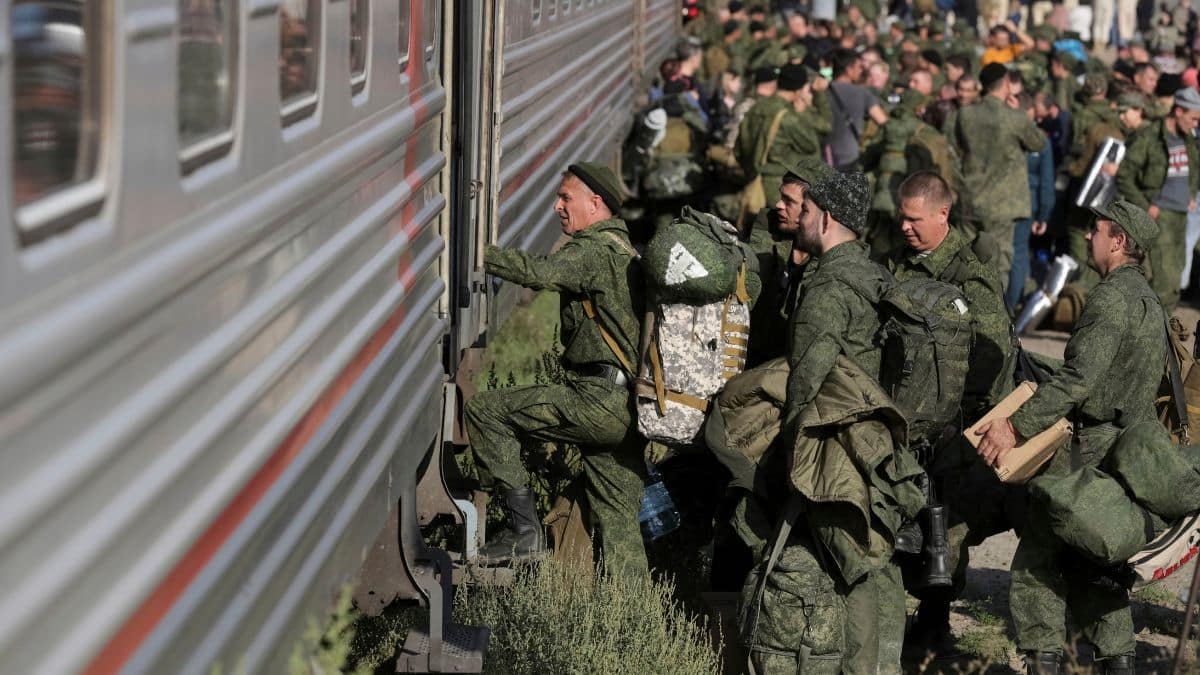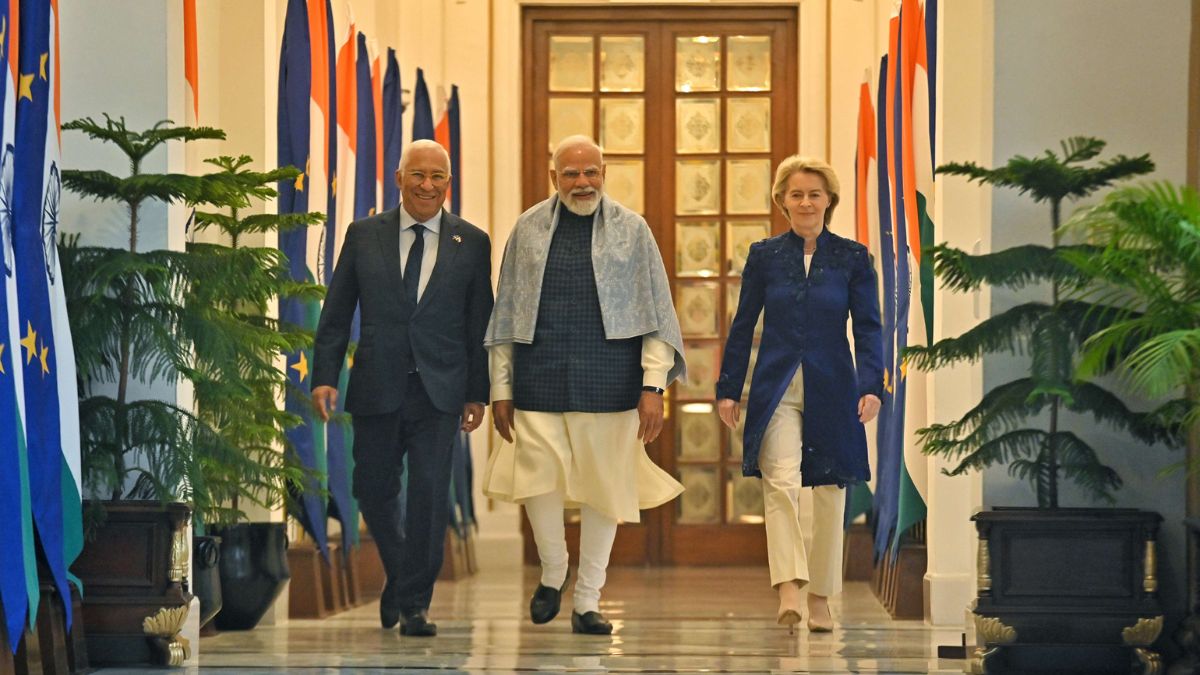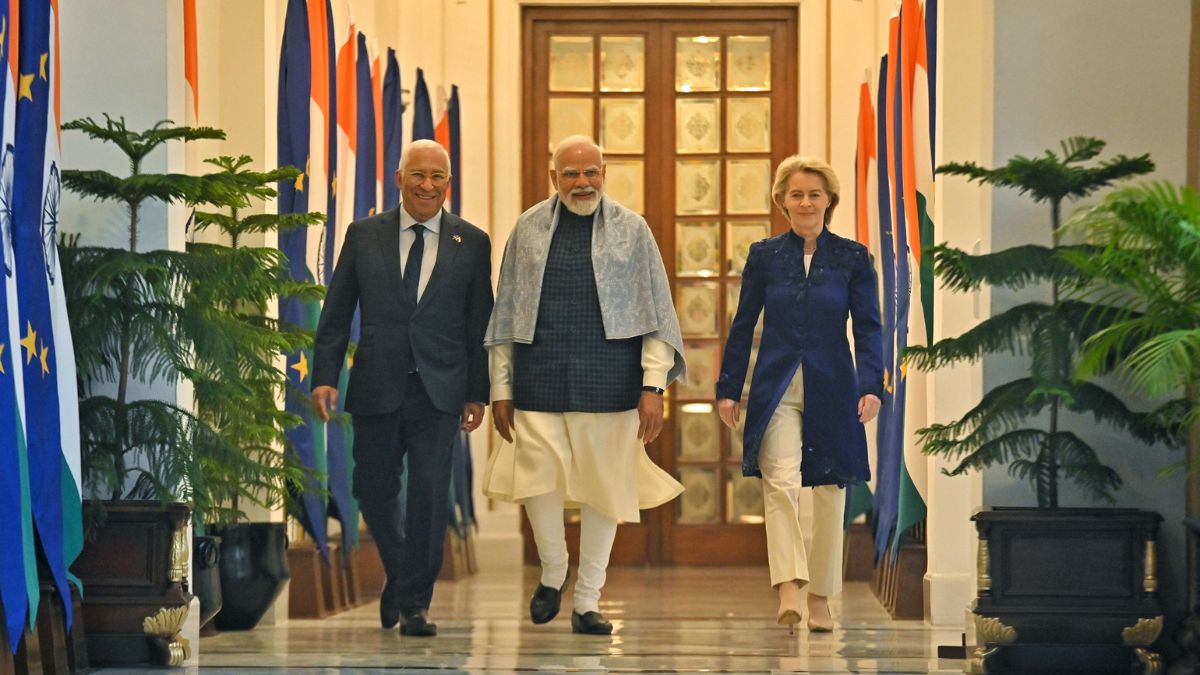The Israel-Hamas war rages on – at last count, the war had led to over 11,000 deaths (mostly Palestinians), and wreaked devastation of untold proportions. As this tragedy continues to unfold, the spy chiefs of the United States and Israel are in the tiny country of Qatar, working on plans for a potential humanitarian pause that would allow as many as 20 hostages to be released by Hamas and more aid to enter the besieged Gaza Strip.
According to a Financial Times report, a three-way negotiation is being held between CIA director Bill Burns, Mossad head David Barnea and Qatar officials on a three-day humanitarian pause in Israel’s fierce bombardment of the Gaza Strip in an effort to release 10 to 20 civilian hostages. Notably, Hamas, the Palestinian militant group, are holding at least 200 people in captivity since the 7 October attack.
Earlier in the war, Qatar also brokered a deal between Israel, Hamas and Egypt in coordination with the US to facilitate the passage of foreign passport holders and critically injured from the Gaza Strip as Tel Aviv continues its fierce and unending bombardment of the enclave.
But how has Qatar land itself in the role of negotiator in the Israel-Hamas war? Here is what to know about its role in Gaza and beyond.
What has Qatar’s role been so far in the conflict?
A gas-rich nation has emerged as a key player in the conflict between Israel and Hamas. In mid-October, as the war continued, American mother-daughter hostages, Judith Raanan and Natalie, were released by Hamas.
Quick Reads
View AllIt was later reported that Qatar had played a central role in securing their release – it was the Arab nation that was able to convince Hamas that the unconditional release of two hostages could serve as a confidence building measure.
And after the release of the two women, President Joe Biden had thanked “the government of Qatar and the government of Israel for their partnership in this work,” in a statement.
It was also the architect of the deal that allowed for foreigners and the most wounded and injured to be moved out of Gaza through the Rafah Crossing. According to Palestinian health official, several dozen Palestinians have been let out to receive treatment, owing to the deal.
On Thursday, the Qatar prime minister Sheikh Mohammed Bin Abdulrahman al-Thani hosted CIA Director William Burns and Mossad Director David Barnea in Doha, and, according to reports, the three worked through the details of a potential humanitarian pause that would see the release of hostages and more aid entering Gaza. In fact, hours after their meet, the White House announced a daily four-hour pause in the fighting to allow humanitarian relief.
Commenting on the same, Qatar prime minister Sheikh Mohammed Bin Abdulrahman al-Thani said: “This is a positive first step that we hope to build upon in the coming days. We’re hopeful that it can lead to something longer and more sustainable.”
Please also read
Who can broker peace between Israel, Hamas? Can India help?
Qatar's role in Israel-Hamas war: Brokering peace or fuelling conflict?
But how has Qatar turned mediator?
Qatar, as White House spokesman for national security issues John Kirby notes, “has lines of communication with Hamas that almost nobody else has”. It is because of this reason that world leaders have moved Doha to intervene and secure the release of hostages.
Qatar is home to the political leadership of Hamas which has had an office in the capital, Doha, since 2012, headed by its leader Ismail Haniyeh. The gas-rich country also serves as the home of Hamas’ senior leaders in exile, including Khalid Mashaal and Ismail Haniyeh.
Qatar, also through its past deals with Israel, pay the salaries of civil servants in the Gaza Strip, provide direct cash transfers to poor families and offer other kinds of humanitarian aid to Palestinians in Gaza. Some news reports and analysts note that this amount could be more than $1 billion in the past decade.
Additionally, many Qatari officials have been to Gaza and are well known to senior Hamas figures.
On the other hand, Qatar has maintained close relations with Western nations, becoming an increasingly important energy supplier as one of the world’s biggest gas producers and is a major arms buyer from the US. It has for decades been home to a giant US air base and was declared a ‘Major Non-NATO Ally’ by the Biden administration last year.
However, playing negotiator between Israel and Hamas is no easy task. In fact, Majed Al-Ansari, the spokesperson for Qatar’s Ministry of Foreign Affairs told CNN that hostage negotiations are becoming more difficult but are ongoing despite the escalation on the ground.
Despite difficulties, why is Qatar up to the task?
There are several factors why Qatar has taken on the role of mediator, despite the many challenges. According to Andreas Krieg, an associate professor at King’s College London who focuses on Gulf states, Doha is trying to “carve out a place for diplomacy”.
Other experts also concur on this statement. Bruce Riedel of the Brookings Institution’s Center for Middle East Policy told USAToday, “Qatar is seeking to boost its image on the world stage. Qatar wants to be a player at the same height as the Saudis or Egypt. Of course, it never will because it’s a tiny little country with very few citizens.”
And Mamoun Fandy, the president of the London Global Strategy Institute, a think tank based in the British capital, told NBC News that the successful hostage negotiation with Hamas has allowed Qatar to show it is “the hub of diplomacy in this crisis.”
There’s also the matter of peace. For Qatar to grow economically, it needs the region to be in peace. As one expert noted that Doha has also been a victim of a Gulf rift in the past few years when it was blockaded by different states. So in its world conception, no one should go through this again, and hence it strives to work with other parties to reduce conflict.
Does Qatar have the experience though in negotiations?
Yes. Qatar in the recent past has played the role of international mediator. The country helped negotiate the release of four Ukrainian children held by Russia earlier this year.
In 2014, it was owing to Qatar’s efforts that American journalist, Peter Theo Curt, who had been held in Syria for two years, was released.
Qatar also was instrumental in evacuating refugees from Afghanistan two years ago, when the US withdrew its military forces from the country after the Taliban returned to power following a two-decade-long war. Qatar hosted peace talks between Afghan government negotiators and Taliban representatives. The Taliban still has an office in Qatar.
Qatar has also played a key role in the agreement between the US and Iran that led to the release in September of five Americans imprisoned in Iran. Iran had accused the Americans of being spies or working on behalf of Washington.
With inputs from agencies


)

)
)
)
)
)
)
)
)



